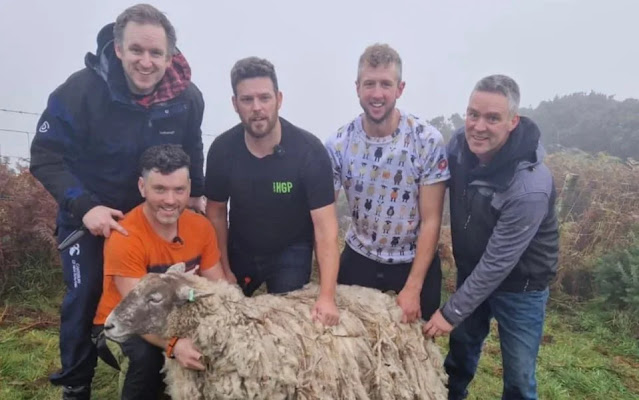Following on from my seven hour day of trying to get someone to collect a dead otter yesterday I need to make some things clear.
Firstly, I am a mammalogist and mammalogists study the biology of different mammals. They study things like the history, physiology, anatomy, taxonomy, environment and behavior of different mammals. A mammalogist also considers how these animals interact with each other in their natural environment. My main focus since 1976 have been foxes and wild canids as well as mustelids and since 1980 wild cats and feral cats.
The environments these animals inhabit tend to cross-over and so we see diseases, etc. from ticks as well as rats and secondary poisoning and, of course, various types of worms. It is very important that we know how and why foxes, badgers and otters die -mainly via road traffic but we have found a lot through the Bristol Fox Deaths project under the auspices of the Wildlife Network for Disease Surveillance -I would like to thank all of those involved for the support in finding out what we have so far.
I consider any study of wildlife important and the Cardiff University Otter Project is an important one. Their work is focussed on a particular aspect and I was surprised to learn that very few diagnostic post mortems of otters exist. A month or so back an otter from the North of England was due to be sent to Cardiff but it was suggested that the carcass be diverted to Bristol for a diagnostic post mortem. Cardiff agreed. Not only would Cardiff get a post mortem report but also the samples it required for its work so everyone gets what they need and adds to our knowledge of wild otters.
When I announced this it seems that I was seen as interfering and robbing Cardiff of its research subjects even though I stated Cardiff had agreed to this and why. In fact the backlash was a bit nasty and when I asked what problems had been created I was greeted with silence.
We have the Greater Bristol Otter Group and I believe some thought I ought to keep my nose out of other peoples business. I was 'interfering' in fact. Why and how I do not know because an otter from the North of England is a little far out to be labelled "Greater Bristol". On two other occasions I was alerted to dead otters and informed the GBOG and offered to ask Bristol PM to carry out post mortems but was told any otters went to Cardiff.
I do not interfere with another group but as I record badger and fox deaths in Bristol any large mammal found dead is usually reported to me. We have the problem that people will report anything dead to Bristol City Council which does not cooperate on wildlife projects and their response is to pick up dead animals for incineration so any valuable information we could have gotten from the sad deaths is lost. My urgency yesterday was because another dead otter was picked up by the council street clean team around two weeks ago. It is possible that there have been other occasions.
My main intention is to ensure that the otter group gets the information it wants, Cardiff gets the samples it needs and Bristol gets to perform a diagnostic post mortem. Everyone is happy and the research continues.
The big problem is to find people who can pick up any dead otter quickly and store it until someone can transport it to the Bristol PM labs -ideally the same person from pick-up to hand off. This is the biggest hurdle as not many people want to handle dead animals and often the days they are needed are likely to be when they cannot get away due to other commitments -hence needing a couple of people on call at least.
So there you have it. A long-winded but straight forward explanation. Not me interfering but trying to see that the maximum information is gained from every animal that sadly dies on the roads or "cause unknown". Whether a fox, badger, wild/feral cat or otter they are all part of the same small ecosystem and learning from one species may well help all the others.














